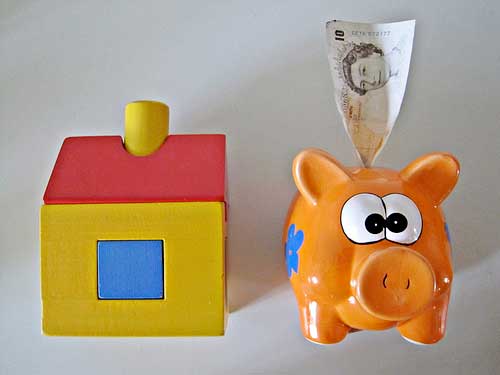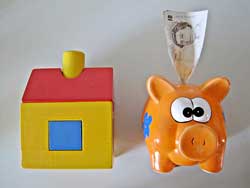A stamp duty holiday, which increases the nil-rate band to £500,000 has been implemented from today in Rishi Sunak's Summer Mini-Budget.
The move, which will apply to property sales from today until March 31st 2021, is aimed to stimulate the housing market as the country emerges from pandemic lock-down. Stamp duty is normally levied on property or land purchases, and uses a set of progressive tax bands. Progressive means that a portion of the value is taxed from each band at the band's tax rate.
Rates in Scotland and Wales differ from the information below.
Use the calculator below to calculate stamp duty and see how the increase to £500,000 of the nil-rate tax band would reduce your tax bill.
The speculation thus far has been a change to the existing five tax band system would mean the current nil-rated band (up to £125,000) would be increased massively to £500,000. This would mean big savings for prospective purchases by movers and additional buyers.
Under existing rates, stamp duty is based on five tax bands, with a surcharge of 3 percent on all rates if the property/land is not the buyer's main residence, a buy-to-let, or is an additional purchase.
First-time buyers under existing rules have a special two-band system, as long as they are not spending more than £500,000 on their home. They can essentially be stamp duty tax-free up to a £300,000 purchase price. If the first-time buyer is spending more than £500,000 they must pay tax under the five-band system.
A first-time buyer still has a 5 percent tax rate between £300,000 and £500,000 so not many will see a saving, but would still benefit indirectly. If home movers jump at the six-month saving period, more property at the lower end of the market could become available.
The knock on effect on house prices cannot be predicted at the moment, however will prices year-on-year showing drops for the first time in many years, the Chancellor's move could increase demand on the already low supply to raise asking prices.



